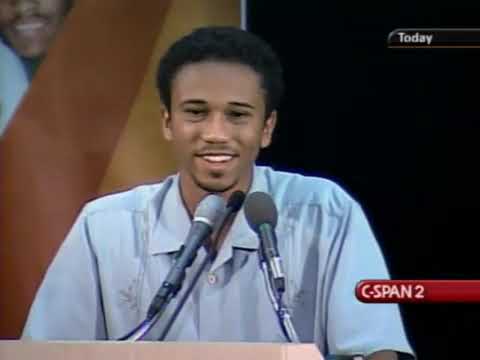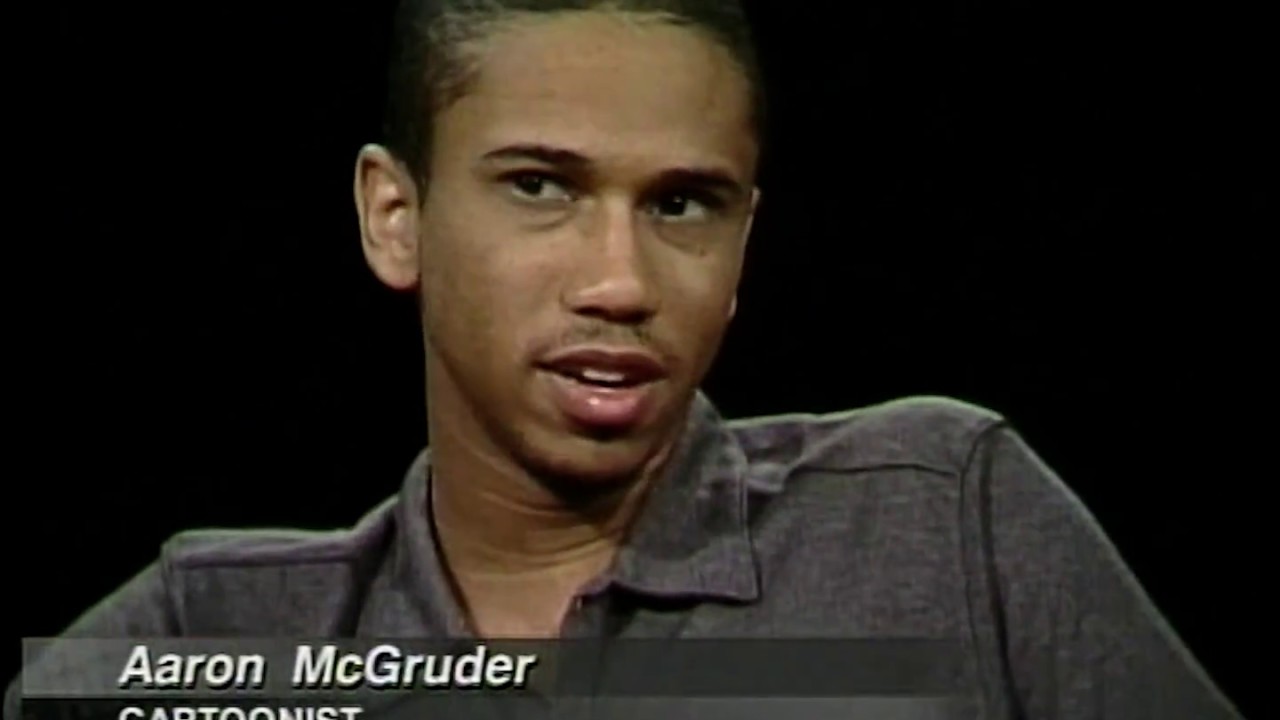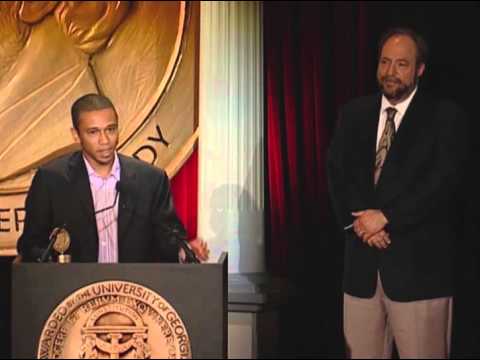
Aaron Mcgruder And The Impact Of The Boondocks Legacy
The Genius of Aaron McGruder: Crafting a Cultural Phenomenon
Aaron McGruder’s creation, The Boondocks, remains a groundbreaking work in animated television, challenging societal norms and racial stereotypes through its sharp wit and incisive commentary. Born in Chicago in 1974, McGruder emerged as a powerful voice in animation and satire, using his platform to delve into themes of race, identity, and socio-political issues in America. The legacy of The Boondocks reflects McGruder’s artistic vision and demonstrates how animation can serve as a catalyst for social dialogue.
This animated series debuted on Cartoon Network’s Adult Swim in 2005, quickly becoming a cultural touchstone. With sharp satire, it didn’t shy away from controversial topics like police brutality, the Black experience, and the complexities of identity. Characters like Huey Freeman provided a gateway to discussions that were rarely tackled in mainstream media. Through this lens, McGruder was not just telling stories; he was forging a path for future creators who would step up to explore complex social themes.
McGruder’s artistry lies in his ability to blend humor with hard truths, making audiences laugh while urging them to reflect on critical societal issues. His approach resonated widely, capturing the essence of the struggles within the African American community and extending the conversation to all viewers. As he continues his work in Los Angeles, where he’s involved in various projects, the impact of his vision remains entrenched in today’s media landscape.
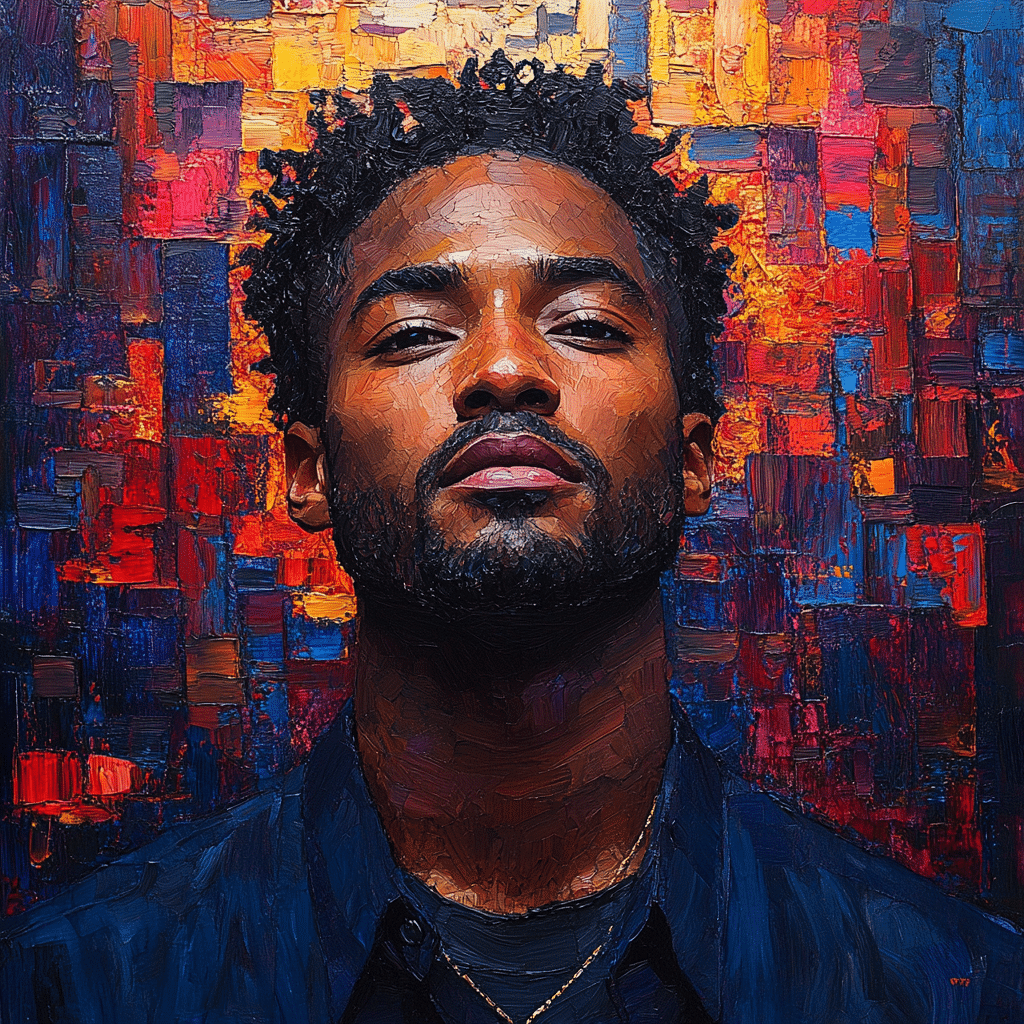
Top 5 Lasting Impacts of The Boondocks on Animation and Society
Aaron McGruder: A Legacy in the Digital Age
The legacy of Aaron McGruder transcends the airing of The Boondocks. In today’s digital landscape, platforms like YouTube and social media allow creators to explore themes of race and justice while maintaining McGruder’s conversational spirit. More than ever, the internet has given birth to a new generation of storytellers willing to tackle taboo subjects.
When people think about satirical animation today, they can trace a line back to McGruder’s original work. Creators find themselves inspired to emulate the insightful critique and engaging storytelling that The Boondocks perfected. Whether it’s through web series or podcasts, McGruder’s mark is visible across platforms that allow for unfiltered discussion.
As the world grapples with issues of race and identity, McGruder’s vision continues to resonate. His drive to speak on behalf of the African American experience opened doors for discussions surrounding inequality, making it vital in today’s climate.
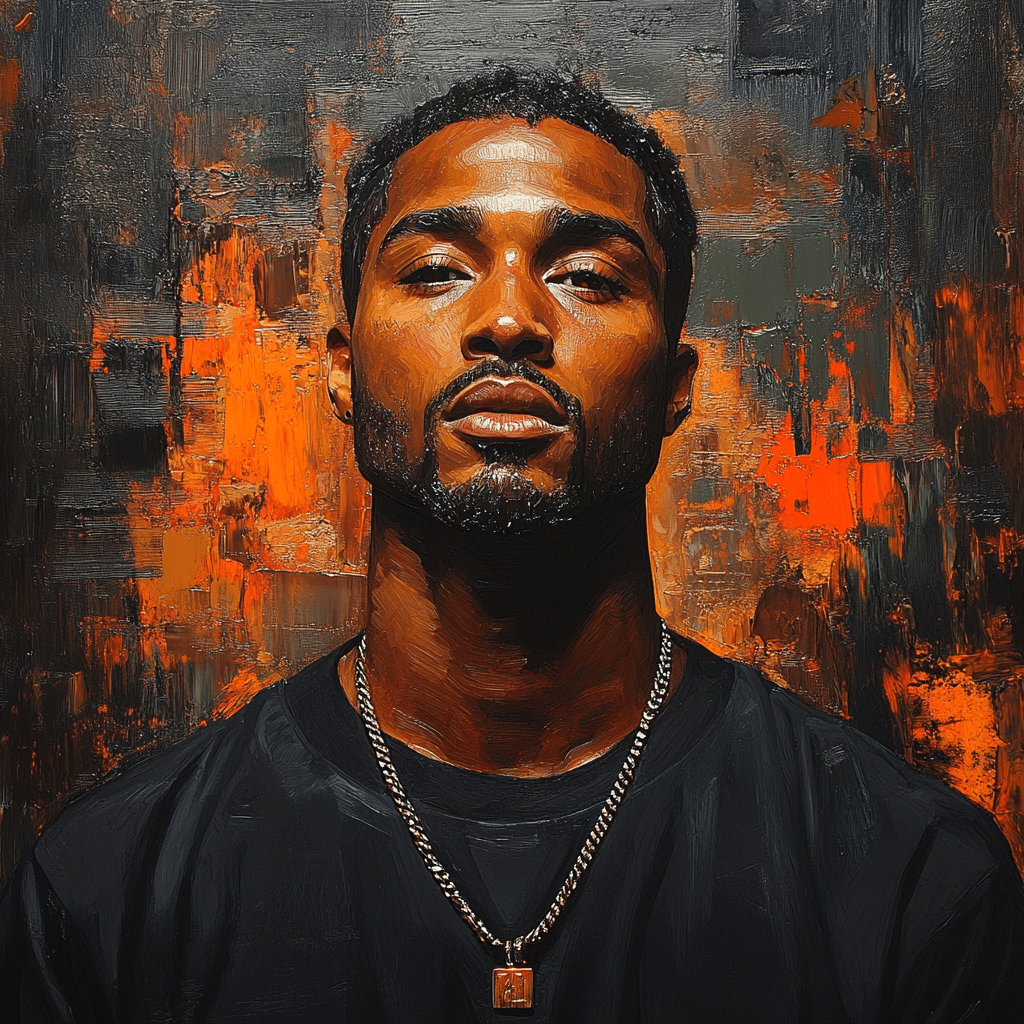
The Role of Influential Figures: Matthew McGrory, Kevin Tighe, and Morgan MacGregor
While Aaron McGruder is undoubtedly the mastermind behind The Boondocks, figures like Matthew McGrory and Kevin Tighe have contributed their voices to the discussions around media representation and storytelling. McGrory, known for his role in Big Fish, has spotlighted diversity in casting, emphasizing that true representation involves storytelling from various perspectives.
Kevin Tighe, an actor seasoned in television, exemplifies how traditional narrative forms are adapting to include more diverse voices. His work aligns with McGruder’s vision by pushing for authenticity in representation. Meanwhile, Morgan MacGregor has produced content that merges wit with socio-political commentary, drawing inspiration from McGruder’s legacy. Their contributions showcase a broader trend toward inclusivity in creative spaces—a transition that The Boondocks helped catalyze.
In the ever-turning kaleidoscope of American entertainment, the influence of Aaron McGruder’s The Boondocks resonates strongly. As new creators continually push boundaries and address societal issues, McGruder’s work remains a touchstone for how animation can educate, provoke, and unite. The ongoing conversation about race and identity in media stands as a testament to the enduring power of The Boondocks—acting as both an advocacy tool and a cultural critique, it empowers future generations to speak out and challenge the status quo.
In conclusion, The Boondocks and Aaron McGruder’s contributions continue to shape the conversations we hold today. As the digital age unfolds, the discussions about race and identity that he promoted stay relevant, ensuring his legacy will endure for years to come. Whether it’s through discussions around the fed rate Hikes 2024 or diving deep into the fabric of cultural narratives, McGruder’s work urges audiences to reflect on the world around them.
In the grand tapestry of storytelling, McGruder’s art proves that animation isn’t simply for kids; it’s a powerful medium for addressing the serious issues that plague our society, one episode at a time. By showcasing authentic experiences and perspectives, he transformed animation into a vital space for dialogue and change.
The Boondocks stands as an unstoppable force in entertainment, wielding humor and critique intricately, and it will undoubtedly continue to inspire and ignite passions in storytellers for generations to come.
Aaron McGruder and His Legacy
The Visionary Behind The Boondocks
Aaron McGruder isn’t just a name; he’s a cultural force. Known for his sharp wit and keen observations, McGruder transformed the landscape of animated television with his creation of The Boondocks. This show not only entertained but opened discussions about race, culture, and societal issues in America. Interestingly, before he became a household name, McGruder was a comic strip artist, earning his stripes in the Diamondback, the University of Maryland’s student newspaper. His satirical style echoed throughout his work, captivating audiences and paving the way for future projects.
Fun fact: McGruder’s inspiration for The Boondocks stems from his own life experiences, particularly his upbringing in a predominantly Black neighborhood. His unique perspective allowed him to inject authenticity into his characters, making them relatable. This authenticity lined up well with the cultural zeitgeist, especially as the show aired during a time when dialogues around race were surfacing more prominently. Much like how Starship Troopers 2 tackled societal themes, McGruder used humor and bold satire to address tough subjects head-on.
Cultural Impact and Controversies
Unquestionably, Aaron McGruder is no stranger to controversy. His fearless addressing of sensitive topics has often ignited conversations that many would prefer to avoid. Remember the uproar surrounding his depiction of Martin Luther King Jr. in the show? For some, it was a refreshing take, while others felt it disrespected a pivotal historical figure. Regardless of opinions, these instances solidify McGruder’s role as a provocateur within modern media. It’s similar to how characters like Peppermint Patty from Peanuts can evoke strong feelings but ultimately reveal deeper truths about society.
Interestingly, McGruder’s creativity extends beyond television. He launched a successful online comic series that provided both humor and commentary, further solidifying his footprint in pop culture. Speaking of that impact, consider how engaging with current events and societal issues resembles navigating today’s mortgage rates—it requires a careful understanding and adaptability. Much like the various paths one can take, McGruder’s work pushes boundaries, keeping his audience on their toes.
Lasting Influence
Aaron McGruder’s influence on animation and social commentary is undeniable. He opened doors for other artists and writers to tackle the same weighty issues while maintaining humor. His work has shaped new generations of indie filmmakers and animators eager to express their views. Moreover, just as recovery centers like Lakeside Milam help individuals confront their challenges, McGruder’s series invites audiences to face uncomfortable conversations that can lead to growth and understanding.
In a world where humor can heal and unite, McGruder’s legacy continues to inspire. His characters, much like the sounds of bands such as Pure Prairie league, echo through both history and modern discussions. As viewers, we are encouraged to think critically and engage in the very conversations that McGruder skillfully woven into The Boondocks. Now that’s a legacy worth talking about!
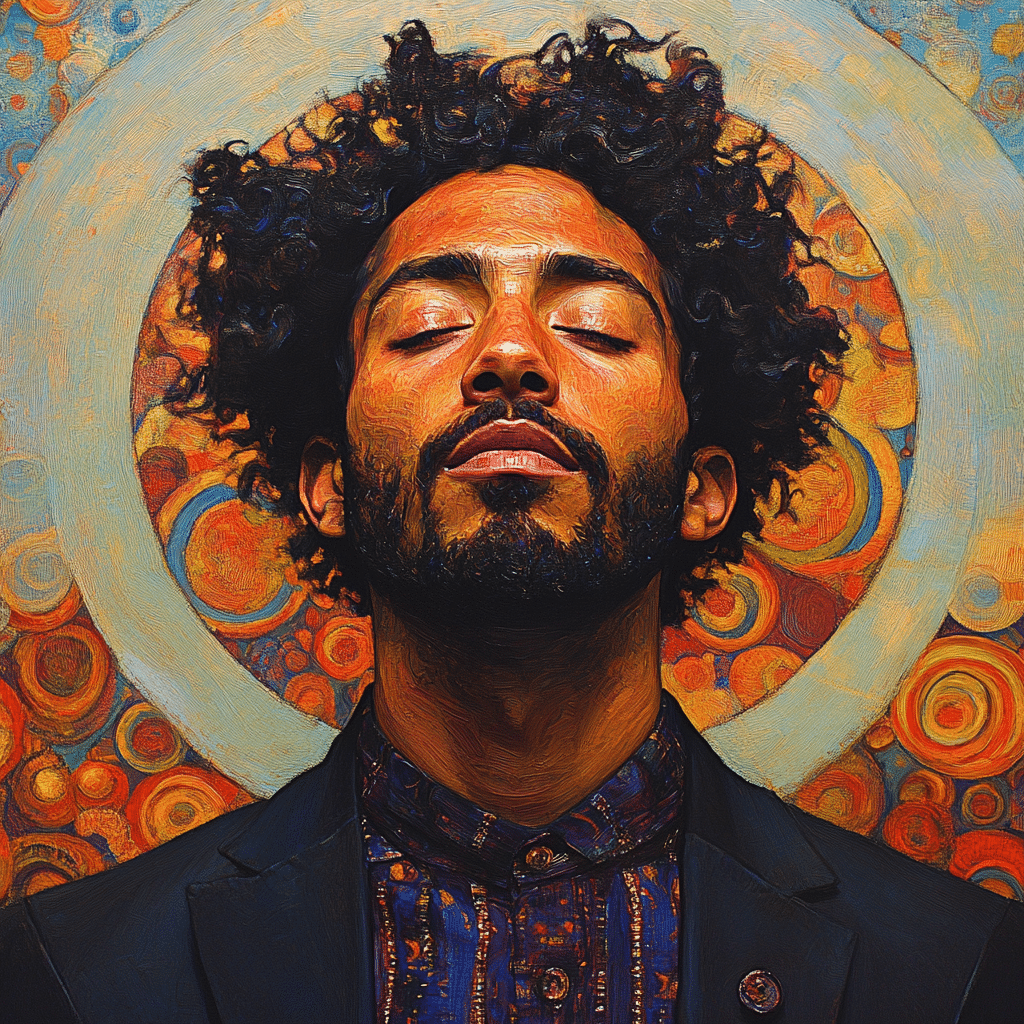
Why did Aaron McGruder stop Boondocks?
Aaron McGruder stepped away from The Boondocks due to a disagreement over the production schedule, which ultimately led to the fourth season being made without him.
What does Aaron McGruder do now?
These days, McGruder lives in Los Angeles and is involved in various projects, including the Boondocks animated series and the Super Deluxe comedy series called The Super Rumble Mix Show.
Is Aaron McGruder still writing Boondocks?
McGruder isn’t writing The Boondocks anymore, since the recent season was produced without his input, marking a significant shift from his original creative direction.
What are some interesting facts about Aaron McGruder?
Some cool facts about Aaron McGruder include that he has an older brother, he attended a Jesuit school for a few years, and he graduated from the University of Maryland with a degree in African American Studies.
Why did The Boondocks end so abruptly?
The Boondocks ended abruptly due to creative conflicts and a lack of aligned vision, which left fans wanting more closure from the storylines.
Why was The Boondocks banned?
The show faced bans in some places mainly due to its provocative themes and satirical take on race and culture, which not everyone found appealing.
Why did the original Boondocks end?
The original Boondocks ended because of creative differences and issues surrounding its production, resulting in a conclusion that felt rushed to many viewers.
Did The Boondocks comic end?
Yes, The Boondocks comic ran until 2014, when McGruder decided to end it after a long and influential run.
Why did they censor The Boondocks?
Censorship of The Boondocks happened due to its strong language and mature content, which didn’t sit well with some networks and audiences.
Who is Huey based on?
Huey, one of the main characters, is based on a combination of McGruder’s perspective and the early influences of his upbringing, reflecting his views on social issues.
Who created Uncle Ruckus?
Uncle Ruckus was created by Aaron McGruder, showcasing a character that often played against the show’s themes of identity and race relations.
Why are Boondocks called Boondocks?
The term “boondocks” comes from the Tagalog word “bundok,” meaning mountain, and it generally refers to rural or remote areas, which reflects a cultural context in the show.
Why did McGruder leave boondocks?
McGruder left The Boondocks over tensions regarding the production schedule and direction, making it hard for him to stay involved.
Why was Boondocks reboot canceled?
The recent reboot of The Boondocks was canceled due to various factors, including creative disagreements and changes within the production landscape.
How did Aaron McGruder make The Boondocks?
Aaron McGruder created The Boondocks by fusing his passion for storytelling with his experiences growing up, allowing him to explore heavy topics through humor and animation.





